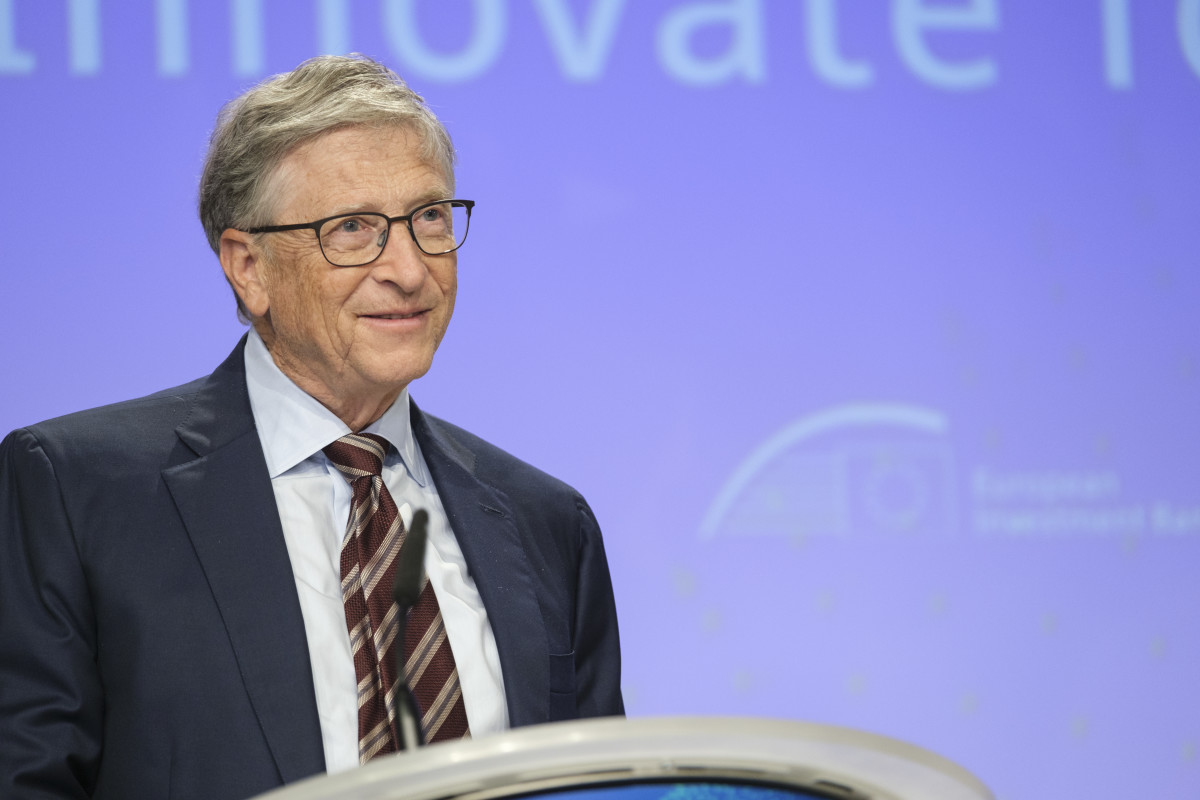
ChatGPT's celebrity has brought concerns about artificial intelligence to the public forefront. And with that, AI hype has been brought to the forefront as well.
The tech sector is currently a mix of executives who say that superintelligent AI will lead to a new golden age for humanity, and others who, in addition to that, say there is a nonzero chance that a superintelligent AI will destroy all of humanity.
The experts, meanwhile, have maintained that the science just does not support artificial superintelligence or threats of AI-led extinction.
Related: Bill Gates Says Humans Are Ready to Handle Major AI Risks
That is not to say AI researchers are unconcerned; their concerns are just focused on achieving more democratic control and handling the active harms presented by AI — algorithmic bias, misinformation campaigns, fraud, and political instability — rather than hypothetical threats.
Among these harms is the impact that AI will have on employment.
Future of Jobs Report: AI replaces, creates jobs
The World Economic Forum's 2020 Future of Jobs report said that AI could replace around 85 million jobs by 2025. The report added that it expected to see 97 million jobs created as a result of a new division of labor between humans and machines.
AI replaced 4,000 jobs in May 2023 alone, a number that comes as executives across sectors are beginning to experiment with cost-cutting efficiencies fueled by AI.
IBM Chief Executive Arvind Krishna said in May that close to 8,000 back-office jobs at the tech giant could be replaced by AI over the next five years.
A June Qualtrics survey found that nearly a quarter of workers say AI represents a risk to their jobs.
AI expert and Ivanti Chief Product Officer Srinivas Mukkamala told TheStreet in July that the widespread adoption of AI would likely lead to a potent increase in global inequity as those with access to the technology accelerate far ahead of those without it.
"The only thing I'm concerned with is the haves and the have-nots. This is going to create inequality that we've never seen in our lifetimes," he said. "We're going to pretty much have 99% of the world's population left behind. There is just no doubt about it. We're going to create a true economic crater."
Related: The ethics of artificial intelligence: A path toward responsible AI
Bill Gates, AI and a 3-day workweek
Microsoft Co-Founder Bill Gates claimed in July that humans were ready to handle the risks posed by AI. Likening the coming AI revolution to the introduction of the personal computer, rather than the Industrial Revolution, Gates said at the time that humans have handled technological revolutions in the past and are thus equipped to handle the current one.
Both AI expert Gary Marcus and DeepAI CEO Kevin Baragona have, however, contended that the growing AI wave is really not comparable to these past revolutions.
Speaking on Trevor Noah's "What Now?" podcast last week, Gates reiterated that so long as it's handled properly, the AI revolution won't cause rampant job loss. He said that AI could in fact lead society to a three-day work week.
An August Bankrate survey found that nearly 90% of U.S. working adults would prefer working only four days a week.
"If you zoom out, the purpose of life is not just to do jobs," Gates said.

An eventual society where machines can "make all the food" and "we don't have to work as hard" could result, he said, in something better than that idealized four-day workweek. It could lead society to a three-day workweek.
Gates said that jobs would be displaced, but if they come slowly enough, these displacements will be generational and handleable.
"If it proceeds at a reasonable pace and the government helps those people who have to learn new things, then it's all good," he said, adding that a proliferation of AI could free up human labor in a positive way, allowing for better human education.
"The demand for labor is still there if you match the skills to it," Gates said. "If you ever get beyond that, okay, you have a lot of leisure time and have to figure out what to do with it."
Contact Ian with tips via email, ian.krietzberg@thearenagroup.net, or Signal 732-804-1223.
Related: Here's the Startup That Could Win Bill Gates' AI race
Get investment guidance from trusted portfolio managers without the management fees. Sign up for Action Alerts PLUS now.







